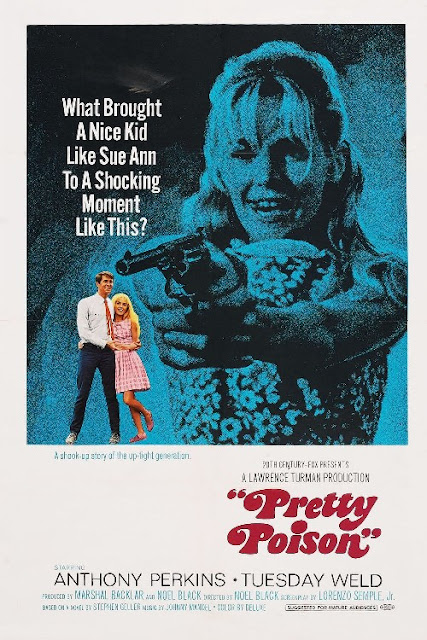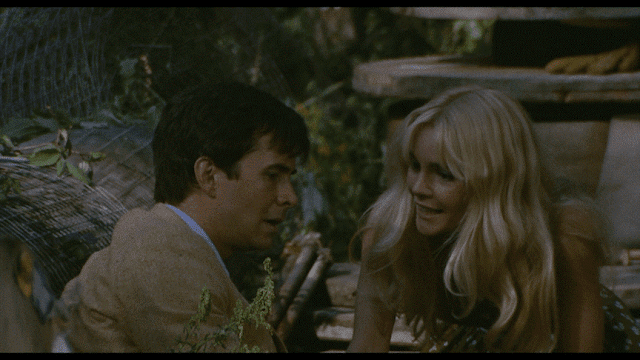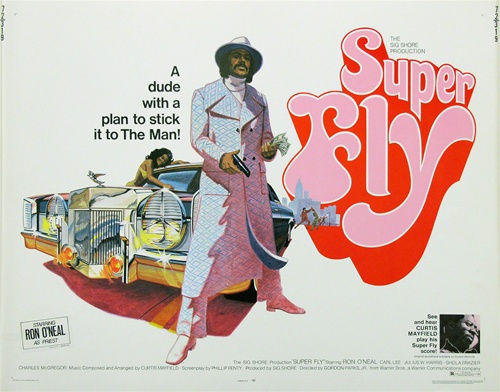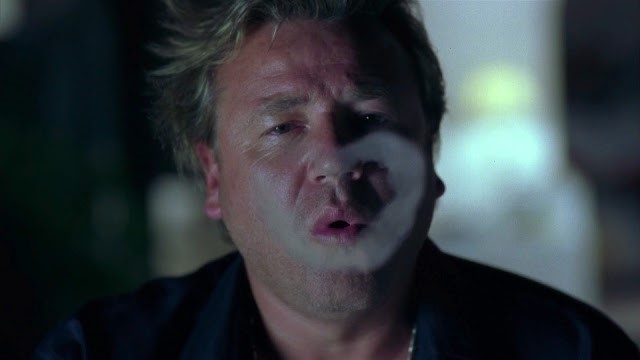
(Immediate spoilers to follow. RUN.)
Its 2008 graphic novel notwithstanding, I Kill Giants shares almost an uncomfortable amount of similarity to 2016’s A Monster Calls, itself based on a novel of the same name published in 2011. In both stories, two adolescents escape into the confines of their imaginations to help them make sense of, and try to stop, the cancer that’s eating away at their mothers. Their refusal to accept what is, and which can’t be stopped, forces them to create worlds where they are strong and fearless and, most importantly, victorious. In our own dark times, we often create alternate realities in which to exist where that loved one hasn’t yet passed on, or where the person you love also loves you back. In spite of the momentary moments of comfort this can bring us, reality is never too far behind. Films like A Monster Calls and I Kill Giants are allegories for the grieving process; through our young antagonists, we confront the fears of our past and the things which have brought us the most pain and we resurrect that sensation of dealing with something entirely out of our control. Both films offer hope — not for a favorable outcome, but for one where the world won’t end, and life can still go on.
Madison Wolfe (previously seen as another beleaguered character in The Conjuring 2) is a tremendous young actress; that she’s already appeared in the likes of Trumbo and True Detective also shows that she knows a good project when she sees it. All of I Kill Giants rides on her shoulders; very few scenes take place without her. And in them she’s either fierce, or stubborn, or acerbically funny. Zoe Saldana as the school’s counselor also does great and affecting work; the scenes between Wolfe and Saldana are among the strongest in the film, and Saldana provides the maternal care that seems to be otherwise missing from Barbara’s life, despite the best intention of her older sister, Karen (an excellent Imogen Poots).

Also of note: the impressive use of CGI for what is clearly a low budget affair. Given the title and concept, yes, giants are brought to life using a mixture of computer graphic imagery and animation, and it never once looks cheap or hokey. Films with similar budgets rely on CGI solely for gunshot wounds and even they manage to look extremely unconvincing. In I Kill Giants, every use of CGI looks theatrical-worthy, and it’s not intermittently used, either. The machinations of Barbara’s imagination are a near constant presence and they are always worthy of tent pole expectations.
Being someone very emotionally affected by A Monster Calls, the secret behind I Kill Giants reveals itself a little earlier than the filmmakers intended. Upon this realization, the goodwill earned up to that point deflates just a bit, but through its performances and its emotional honesty, it earns the same amount of goodwill as its predecessor by its end. Though the former reigns supreme over the latter, I Kill Giants deserves to stand side-by-side with its spiritual counterpart. It’s still an extremely touching story with an equally important message, and what’s the harm in allowing films to share that burden beyond just the one title?





















